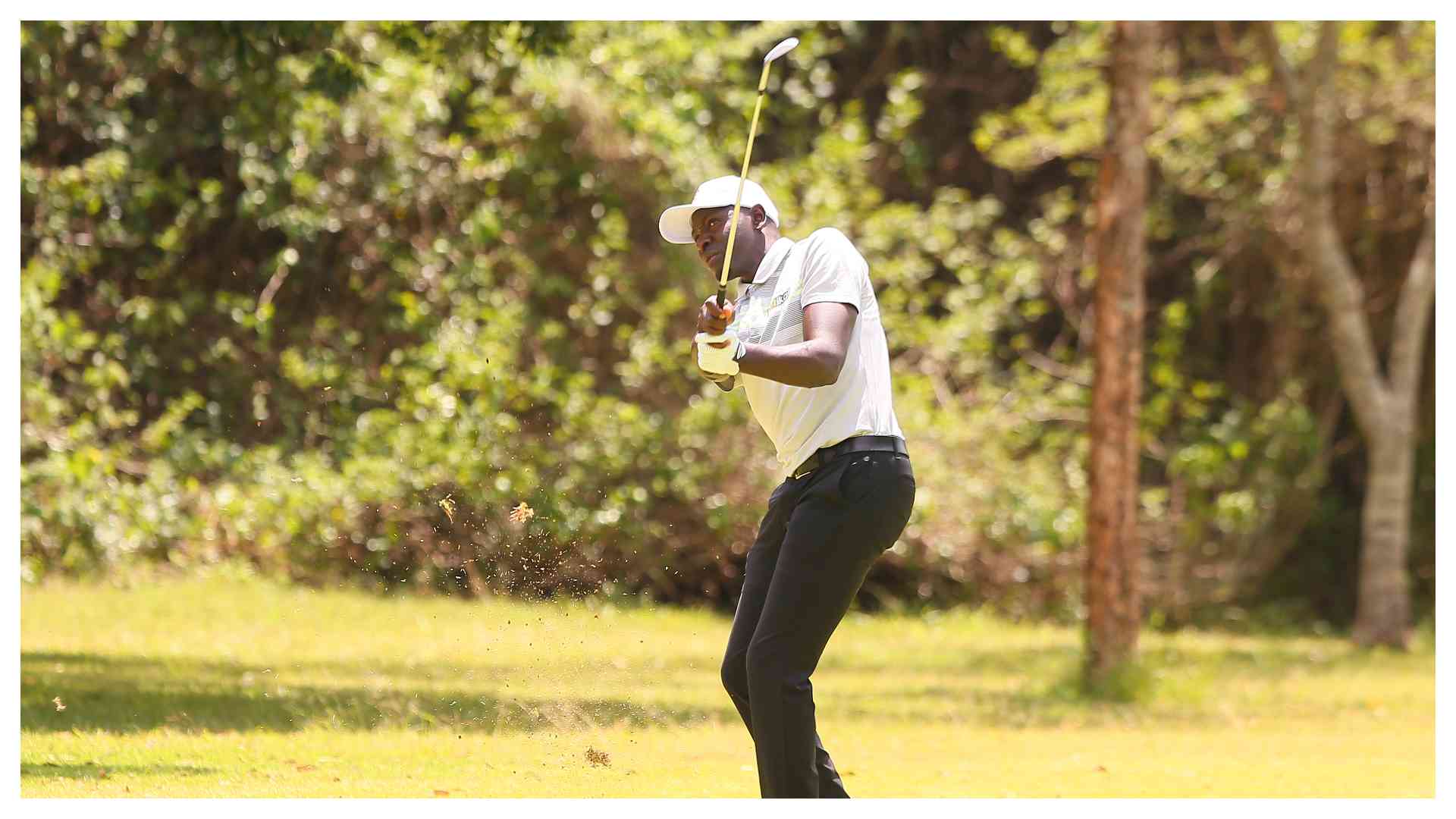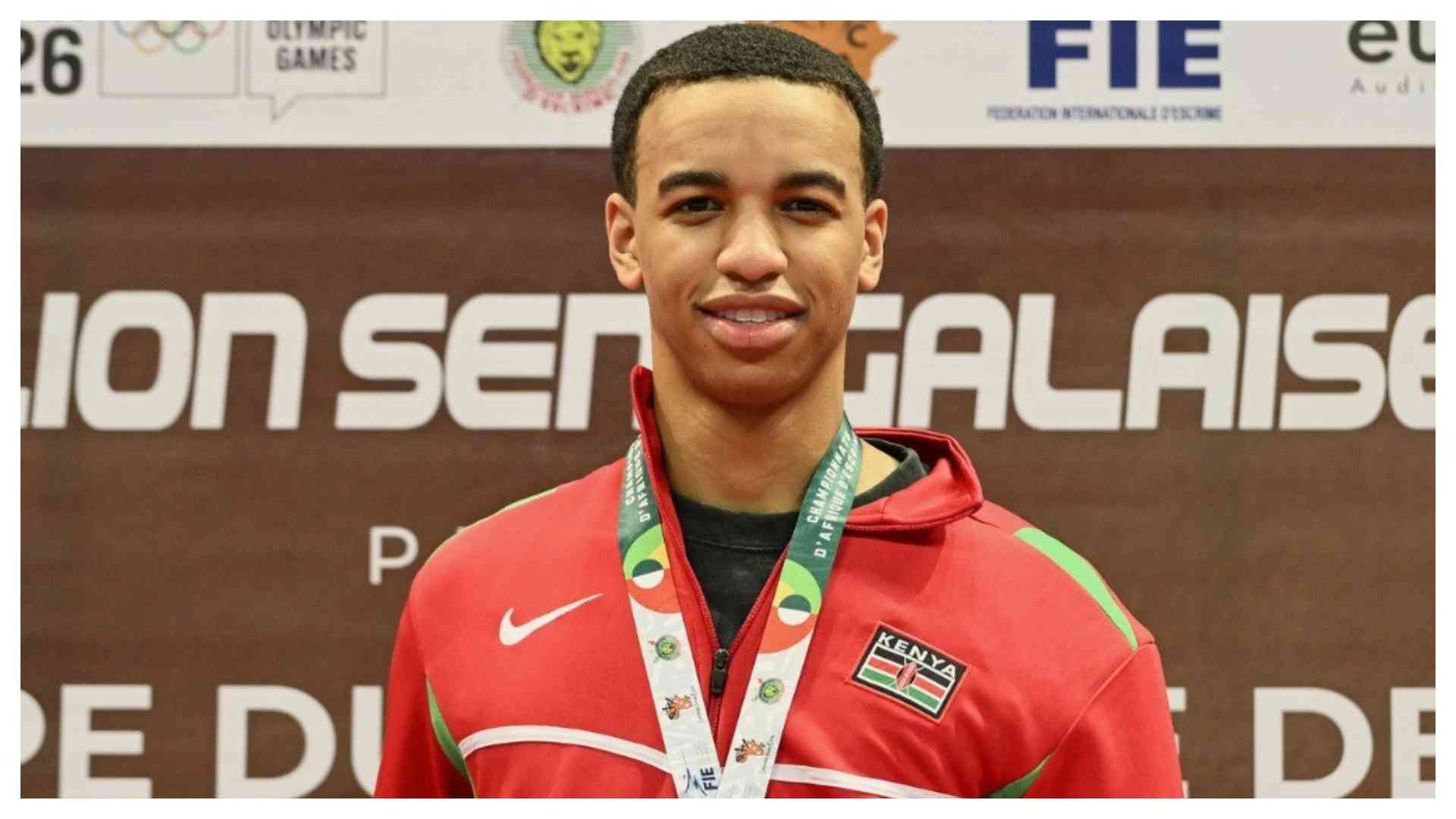
Audio By Vocalize
President of the center-right European People's Party (EPP) Manfred Weber, European Commission President Ursula von der Leyen and Bavaria's State Premier and leader of the conservative Christian Social Union (CSU) party Markus Soeder hold hands on stage during the last rally for European elections of German conservative party (CDU) in Munich, southern Germany, on June 7, 2024. [AFP]


